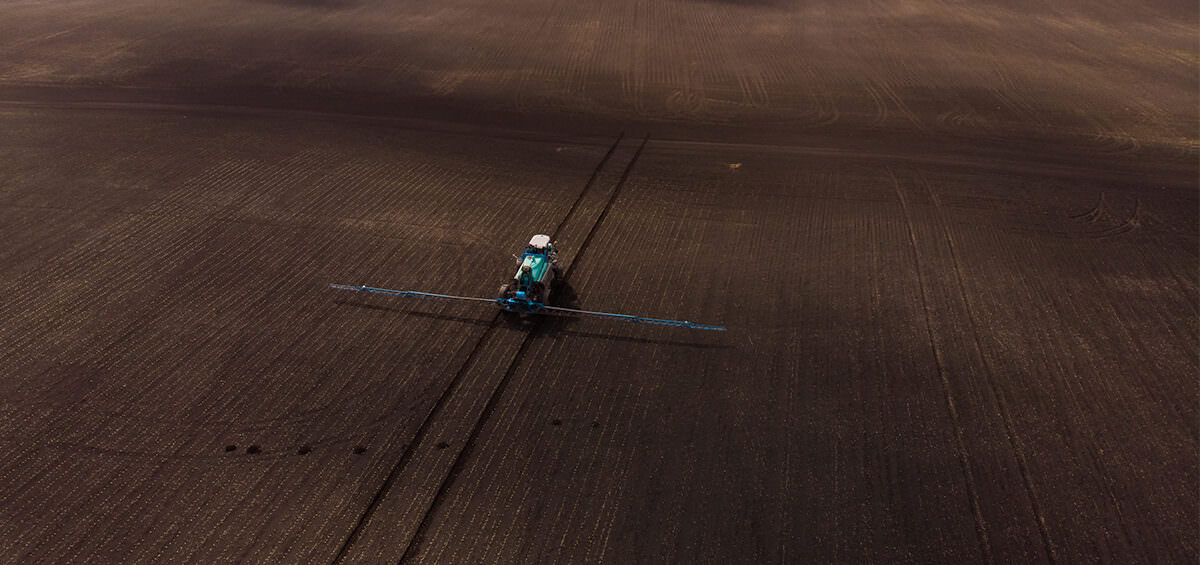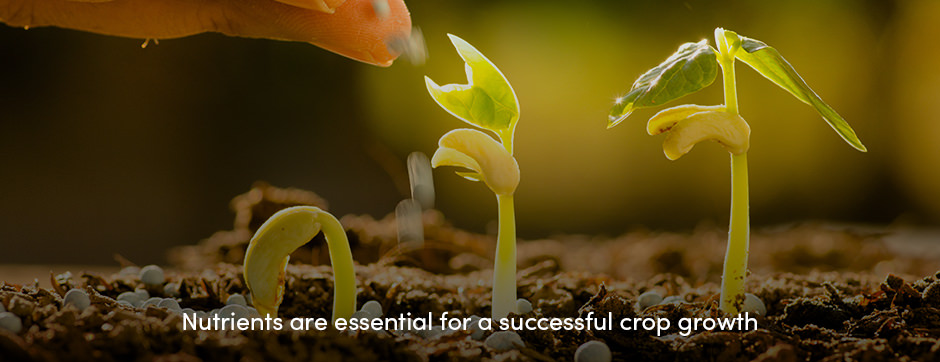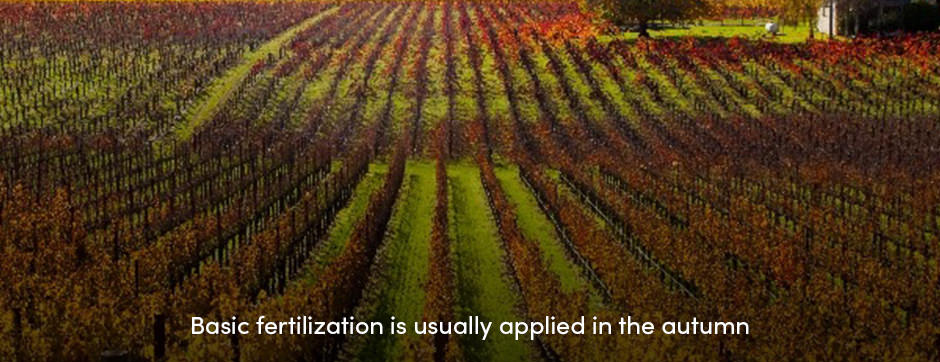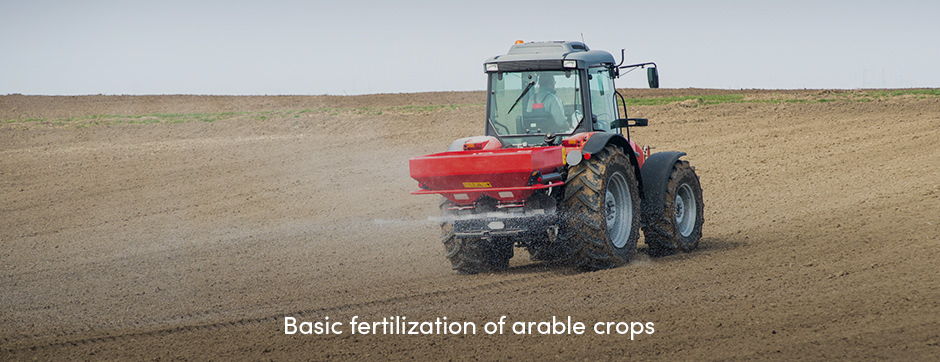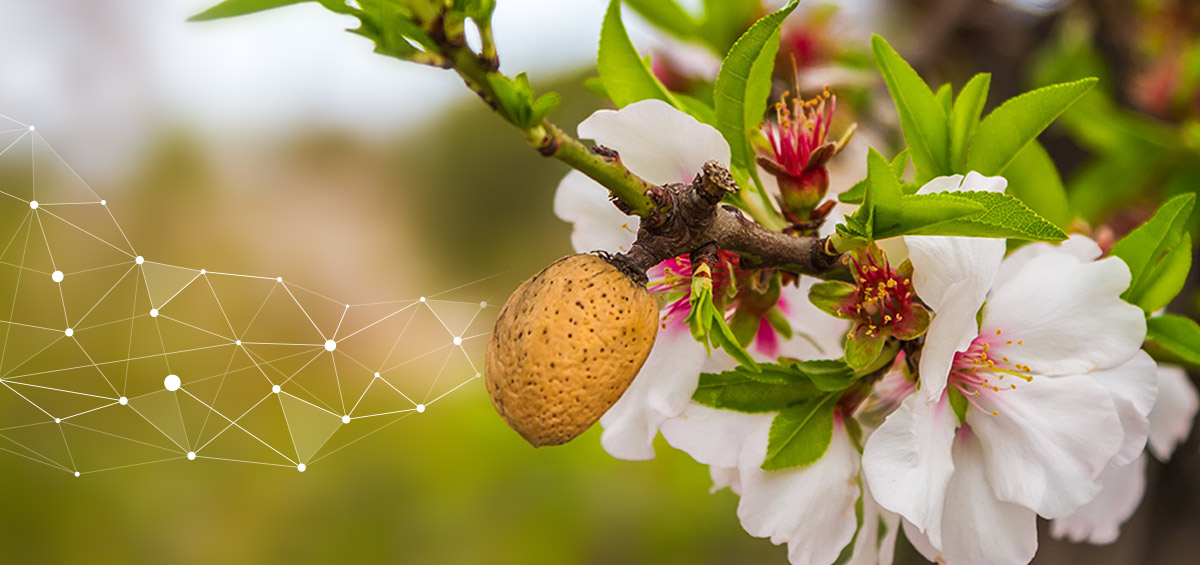Basic fertilization, also known as fertilization prior to dormancy, is the practice of managing the nutrient content in the soil. It’s an important farm practice necessary for the soil management of permanent crops. However, practicing of basic fertilization is also recommended in arable farming.
Basic Fertilization of Permanent Crops
Basic fertilization of permanent crops is a practice that is performed when establishing new orchard. For already established orchard, this practice is usually performed after the harvest, at the end of the season, or during the beginning of deep crop dormancy. The basic fertilization of permanent crops can also be done the following year, before the beginning of new spring growth.
The main purpose of permanent crop autumn fertilization is to create a reserve of nutrients required for the subsequent spring growth. Nutrients applied during basic fertilization support the needs of the crop, as the buds break in the beginning of the spring growth. Consequently, increased availability of nutrients will improve cold hardiness of a permanent crop.
The exact amount of applied fertilizer will depend on the type of crop and the results of the soil analysis. However, in basic fertilization of permanent crops, it’s recommended to formulate with lower rates of nitrogen, and higher amounts of phosphorus and potassium.
Basic Fertilization of Arable Crops
Basic fertilization of arable crops usually adheres to basic tillage operations such as shallow plowing or pre-sowing plowing. Basic fertilization of arable crops introduces the nutrients into the soil on the plowing depth. This is the area where the mass of main roots develops.
Time of performance depends on the time of sowing. For instance, if the crop is sown in the spring, basic fertilization should be performed in the autumn. Oppositely, farmers who sow their arable crops in the autumn will practice basic fertilization in the summer, after the harvest.
During the process of basic fertilization, it’s recommended to use formulations with higher amounts of phosphorus and potassium, and lower amounts of nitrogen.
What Does Basic Fertilization Provide?
Regardless of whether it’s the fertilization of arable or permanent crops, basic fertilization produces the reserve of nutrients that are essential for crop development. These nutrients are:
- Phosphorus; essential for root development, as well as for successful flowering and ripening
- Potassium; essential for water regulation and quality stabilization; beneficial due to the lack of or excess in moisture
- Nitrogen; essential for the establishment of crop growth. Since it’s prone to leach, larger amounts of nitrogen within basic fertilization are not recommended.
Aside from the mineral fertilizers, basic fertilization can also be done with organic fertilizers such as manure. This will improve physical, chemical, and biological soil properties.
Basic fertilization is an excellent way to make sure your crops have a plenty of nutrients for that will encourage successful growth.
